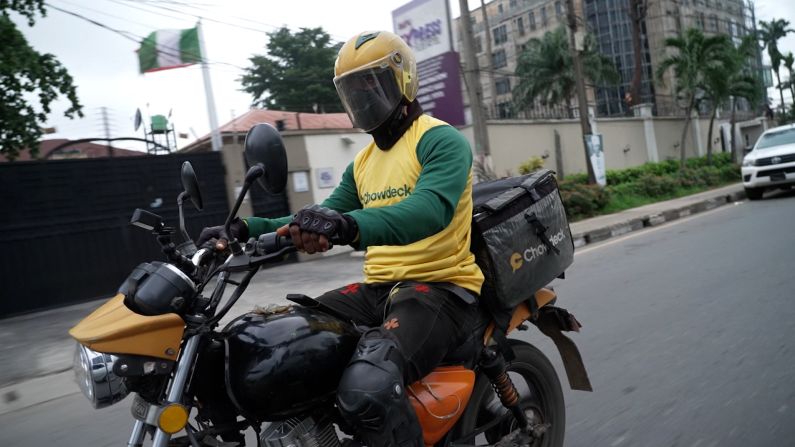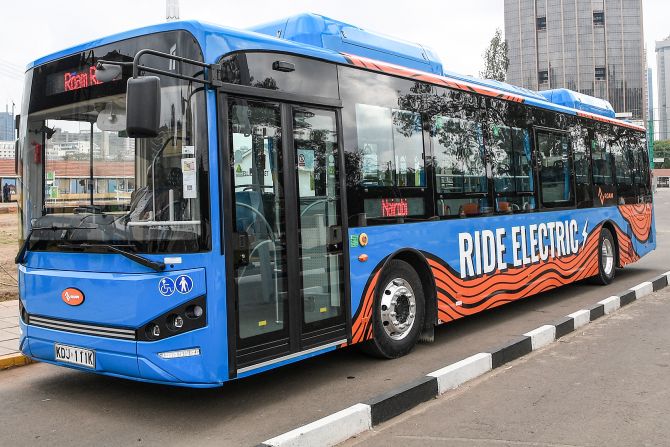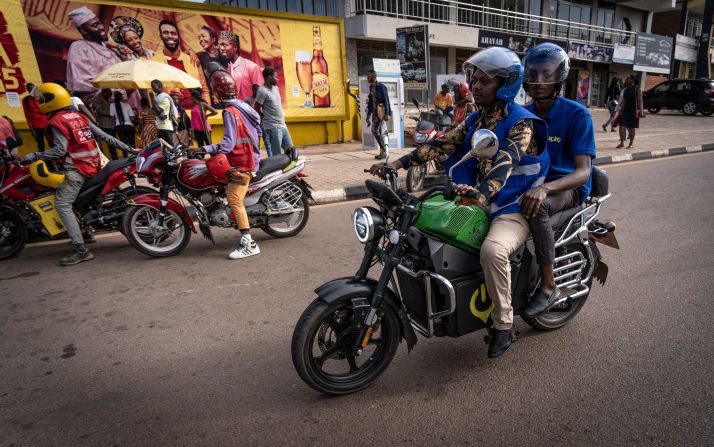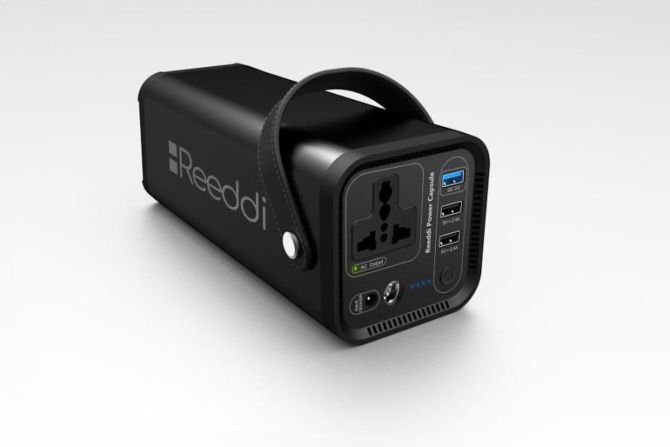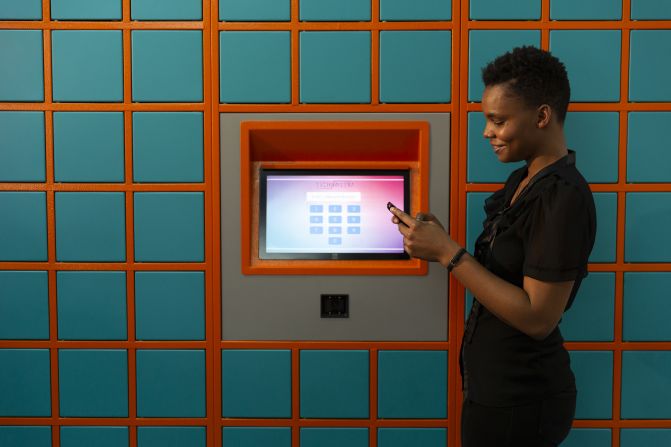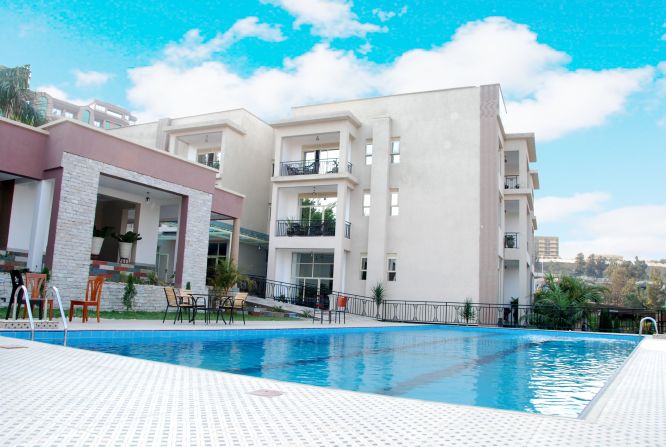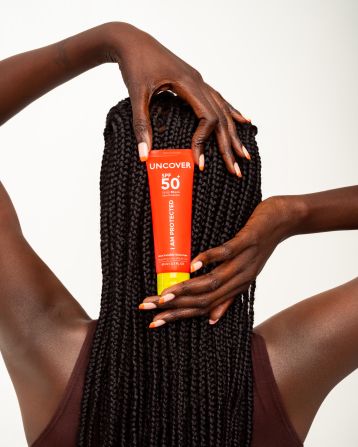Money is often tight for university students, but for Chinazom Arinze, a limited income was an opportunity that sparked a business venture.
While studying law at Babcock University, in Nigeria, and working part-time at a car dealership, she set up a side hustle, informally launching AutoGirl in 2019. Initially also a car dealership, it evolved into a platform that connects people looking to rent out their vehicles with people who want to hire them.
“I think I was about 19 or 20 at the time,” Arinze recalls. “I was just doing it because it was fun, and it did bring some money, but then it grew a lot larger than I expected. I started getting consistent customers.
“I started my business with zero money; the only thing that I had leverage upon was connections. I used my network from the car dealership I worked in, and social media.”
How African startups are embracing innovation
Arinze says she knew car owners who wanted to monetize their vehicles and knew she could match them with people looking for short-term hires, especially tourists. While there are established car rental companies in Nigeria, such as Hertz and Budget, Autogirl’s vehicles come with drivers, and Arinze says her company offers a greater range of cars and “competitive prices.”
One of the cheapest rentals on Autogirl’s website at the time of writing was a Hyundai, priced at 45,000 naira ($27) per day, and one of the most luxurious was a 2018 Lexus, costing approximately 2.85 million Naira ($1,722) per month. The company lists the average income for its vehicle owners as 7 million naira ($4,230) per car.
As her side hustle grew into a thriving business, Arinze realized she couldn’t do things alone.
“For a good few years, it was just me. I was the secretary, I was the social media manager, I was everything … I was working around the clock,” says Arinze, now aged 26. “The only time I wasn’t working was when I was sleeping and even then, if a customer had an issue at night, I was the only person, so I’d be the one they would call and I’d have to resolve it.
“I had to start bringing people on. I brought (on) a social media manager, an admin manager, finance people and an operations team that works 24/7.”
Now, with more than 3,000 customers, and more than 12,000 rides under its belt, Autogirl also offers boat and even private jet rentals through its website. This June, the company expanded into Ghana and plans to launch in Benin later this year.
Empowering women
Arinze concedes that it hasn’t always been easy for her to work in a male-dominated industry. She says she took classes in auto mechanics and produced social media reviews of cars to demonstrate that she knew what she was doing: “I showed them I had knowledge and then people would say, ‘Oh, she’s not a clueless young girl.’”
To encourage other women to follow her path, Arinze recently launched the Autogirl Women Empowerment Programme, which offers free classes in driving, mechanics and affiliate marketing, and hopes to also provide internship opportunities. Arinze says they plan to train 60 women before the end of November.
Ultimately, she sees Autogirl expanding elsewhere in Africa, and eventually beyond. ‘‘We want to be the Airbnb of vehicle rentals in Africa and ultimately the world,” Arinze says.
“The way people thought that Airbnb did not have a chance because there are hotels all over the world is how people think about us and traditional car rentals — but people pay for more flexibility and variety and that’s what we offer.”
This story has been updated to correct the price of the 2018 Lexus.


